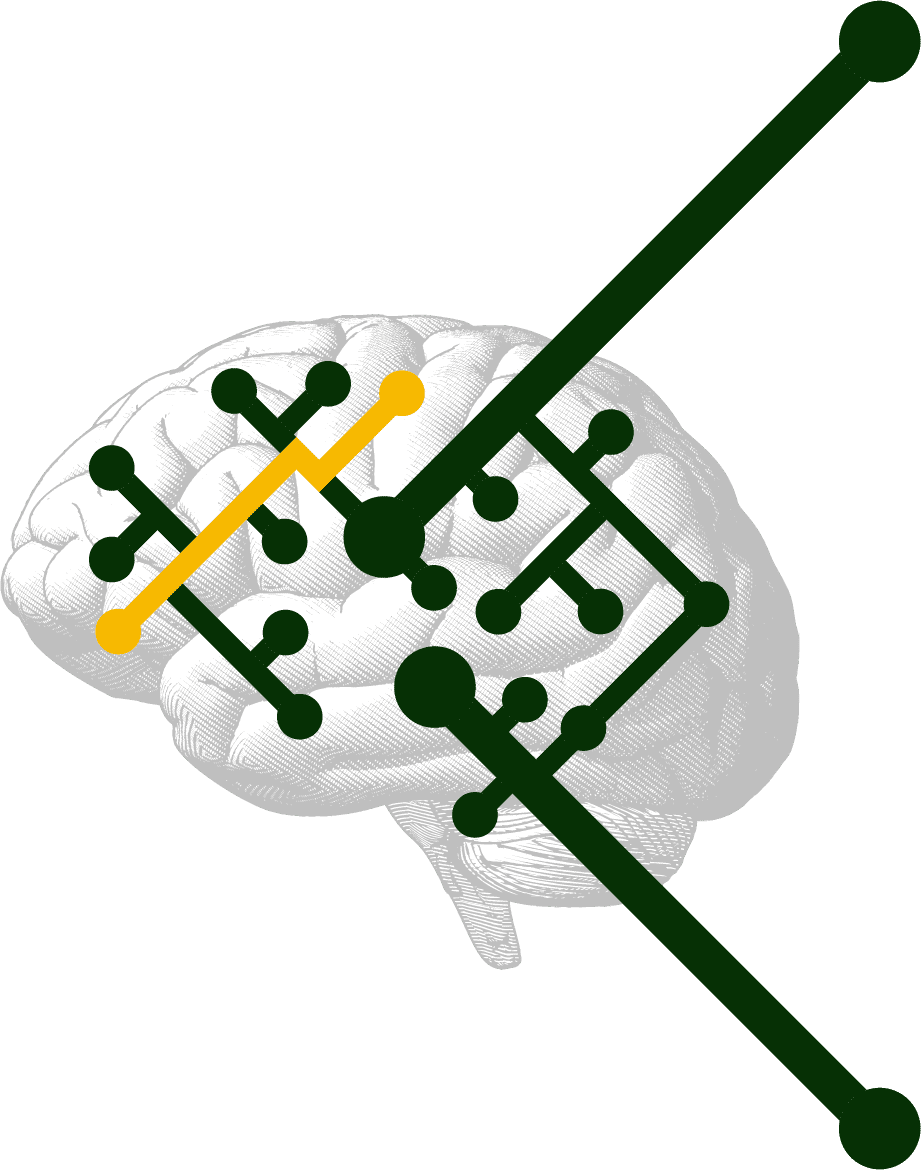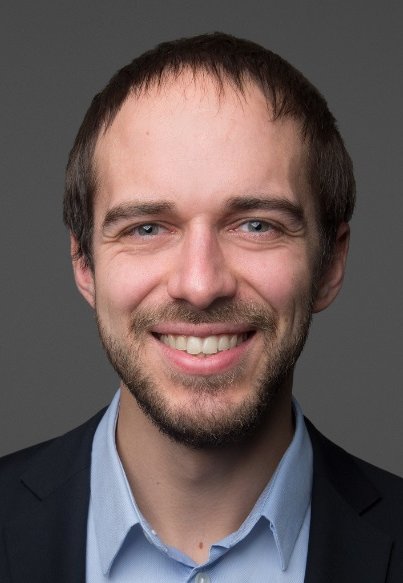MEGAMIND
Measuring, Gathering, Mining and Integrating Data for Self-management in the Edge of the Electricity System
Overview

The MEGAMIND Research Program comprises a significant step in the second digitization wave in the energy distribution grid by developing a new way in which value-chain partners in local electricity systems (the electricity grid edge) interact with each other and with value-chain actors in the higher-level electricity system. We envision a highly self-managed system that automatically and dynamically steers electrical energy flows taking into account the technical boundaries of the network while the energy transition unfolds. As this poses technical as well as regulatory challenges, MEGAMIND aims to develop a techno-regulatory transition pathway for the electricity ecosystem on the level of the distribution grid.
Project description
The way value-chain partners in the local electricity system jointly adopt digital technologies, especially Artificial Intelligence (AI), and the way the legislator allows them to do so, are key to the success of the energy transition. Therefore, MEGAMIND brings together an interdisciplinary team of top scholars in Energy Systems, Artificial Intelligence, and Energy Regulation with key industrial stakeholders: the three largest Dutch Distribution System Operators, the Dutch Transmission System Operator, and other internationally operating representatives of the entire valorization and innovation chain. Together, this consortium will co-develop technology and regulatory measures in three themes where AI makes a difference in the energy transition.
Firstly, the program will develop advanced data-driven methods for network state predictions in the fine-grained capillaries of the electricity distribution grid, a part of the grid that is currently being operated without detailed measurement information. To this end, the program will conceive new decentralized deep learning methods and algorithms capable of distributed (edge) learning and/or hybrid learning (edge and cloud together). The second focus is on defining technically-excellent, yet regulatory-sound, localized market mechanisms able to coordinate energy streams between users of the distribution networks. This is the core self-management element operating in the multi-stakeholder environment of the distribution grids.
Both these themes need advanced Data Sharing and Data Governance Methodologies, being the third theme, and need to be in line with regulatory principles and requirements in order to operate in the dynamic multi-actor environment of the future energy distribution networks.
Intended deliverables
• Vision of Success: Self-management at the edge of the electricity System
• Outcome: Automatic interaction of grid-edge devices, networks, and markets
• Output: Grid self-management technology & regulation recommendations
Project partners
MEGAMIND brings together an interdisciplinary team of top scholars with a proven cooperation track record in Energy Systems, Artificial Intelligence, and Energy Regulation with the three main Dutch DSOs, the Dutch TSO, and other internationally operating key representatives of the entire valorization and innovation chain. The MEGAMIND partners are, the Eindhoven University of Technology (TU/e), University of Twente (UT), Delft University of Technology (TU Delft), Tilburg Institute of Law Technology and Society (TILT), Netherlands Organisation for Applied Scientific Research (TNO), Enexis Holding, Liander, Stedin Group, TenneT, IBM, Smart State Technology, PwC, Transdev, and Equans.

TUD team

PhD Researcher:
D. (Demetris) Chrysostomou

Responsible:
Dr. J. (Jochen) Cremer

Responsible:
Dr.ir. J.L. (Jose) Rueda Torres

D. (Demetris) Chrysostomou
My academic background includes a master’s degree in robotics, systems, and control from ETH Zurich and a bachelor’s degree in electrical engineering from UCY. My Ph.D. at the AI Energy lab and IEPG of TU Delft is part of the MegaMind program with the title “Stability of DSO-TSO operations”. Through my research, I aim to improve the exchanged information and inferred knowledge by the system operators to improve the stability of their operations. Furthermore, I am motivated to utilize my interest in machine learning for a smooth transition to the power grid of the future.